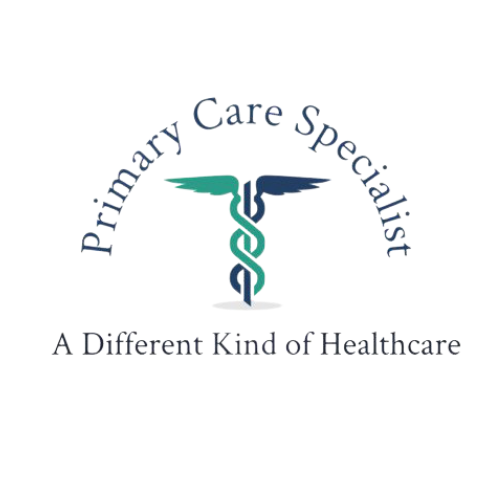Best Primary Care Near you!
The Importance of Primary Care: Your First Line of Defense
Introduction
Primary care is the cornerstone of the healthcare system, providing essential services that keep communities healthy and thriving. Primary care providers serve as the first point of contact for individuals seeking medical attention, and their role is crucial in preventive care, early disease detection, and the overall well-being of patients. In this blog, we will explore the vital role of primary care and why it should be your first choice for managing your health.
What is Primary Care?
Primary care is a field of healthcare that focuses on providing comprehensive, continuous, and coordinated medical services to individuals of all ages. Primary care providers, such as family physicians, internists, pediatricians, and nurse practitioners, serve as the initial point of contact for patients seeking medical care.
Services Provided by Primary Care
Preventive Care: Primary care emphasizes the importance of preventive measures, such as vaccinations, health screenings, and lifestyle counseling. Regular check-ups help in early disease detection and can prevent the progression of illnesses.
Management of Chronic Conditions: Primary care providers play a significant role in managing chronic diseases like diabetes, hypertension, and asthma. They monitor patients' conditions, adjust treatment plans, and educate patients on self-care.
Health Promotion and Education: Primary care professionals empower patients with information on healthy lifestyle choices, nutrition, exercise, and disease prevention. This education is a key component of primary care, as it promotes long-term well-being.
Acute Care: Primary care providers are well-equipped to address common illnesses, infections, and injuries. They can diagnose, treat, and manage a wide range of acute health issues.
Referrals to Specialists: When necessary, primary care providers can refer patients to specialists for further evaluation and treatment. They act as coordinators of care to ensure that patients receive the appropriate attention.
The Benefits of Establishing a Relationship with a Primary Care Provider
Personalized Care: Building a long-term relationship with a primary care provider allows for more personalized and patient-centered care. Your provider gets to know you and your medical history, making it easier to tailor treatment plans to your unique needs.
Early Detection: Regular check-ups and screenings can help catch health issues in their early stages, when they are often easier to manage and treat. This can be lifesaving for conditions like cancer or heart disease.
Comprehensive Care: Primary care providers can address a wide range of health concerns, eliminating the need for multiple specialists in many cases. This can result in more efficient and cost-effective healthcare.
Improved Health Outcomes: Patients who establish a relationship with a primary care provider are more likely to receive appropriate and timely care, leading to better health outcomes and a higher quality of life.
Conclusion
Primary care is an essential component of a well-functioning healthcare system. It provides the foundation for good health by offering preventive care, early disease detection, and comprehensive services. Establishing a relationship with a primary care provider is a critical step in taking control of your health and well-being. Remember, primary care is not just about treating illness but about supporting and promoting a healthy lifestyle. So, make primary care your first choice for healthcare and embrace the benefits it offers for your long-term health and wellness
